In the rapidly evolving landscape of smart TVs, consumers have a plethora of options to choose from, with Tizen TV and Apple TV being two of the most popular choices. While Tizen TV is a smart TV platform developed by Samsung, Apple TV is a digital media player developed by Apple Inc.
If you are planning to launch your own branded smart TV app, then it is crucial to have an in-depth idea on both to make the right decision. In this comparative guide, we will take a closer look at Tizen TV vs. Apple TV, exploring their similarities and differences to help you choose the right path. So, let’s get started!
What Is Samsung Tizen TV?
Samsung Tizen TV is a smart TV platform developed by Samsung, based on the open-source Tizen operating system. It is designed to provide a comprehensive home entertainment experience, with a range of features and functionality that allow users to access and enjoy their favorite content seamlessly.
Tizen TV was first launched in 2015, and since then, it has become a popular option among consumers looking for an intuitive and feature-rich smart TV platform. It is a versatile and powerful smart TV platform that offers a range of features and functionality to enhance the home entertainment experience.
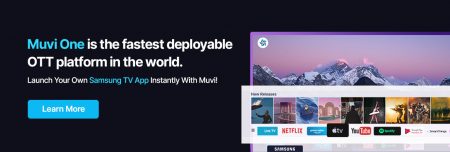
What Is Apple TV?
Apple TV is a digital media player developed by Apple Inc. It is designed to provide a comprehensive home entertainment experience, allowing users to access and stream their favorite movies, TV shows, music, and more on their TV.
Apple TV was first launched in 2007 and has since evolved to become a powerful and versatile device with a range of features and functionality. Over the years, Apple has continued to innovate and improve the Apple TV, adding new features like gaming support and the ability to control smart home devices.
With its sleek design, powerful features, and integration with the Apple ecosystem, Apple TV is a popular option for consumers looking for a high-quality home entertainment experience.
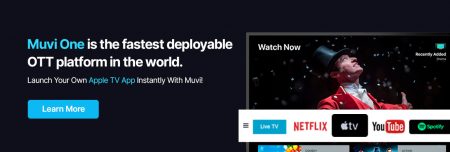
Samsung Tizen TV Vs Apple TV: Market, Ecosystem, & Growth Scope
Samsung TV app and OS/platform market has witnessed exceptional growth in recent years, making it the most popular smart TV OS in the U.S. According to a recent research report, over 50% of smart TV owners in the U.S. stream online content using Samsung Tizen OS, followed by LG TV OS and Roku.
In terms of annual worldwide smart TV shipments, Samsung’s Tizen platform has the largest market share of over 20%. With more than 190 million users spread across 190 countries, the Samsung Tizen platform is poised to remain a dominant force in the streaming business for years to come.
Notably, Tizen-powered devices have sold over 300 million units globally in the last five years, and Samsung has retained its position as the leading smart TV manufacturer for 15 consecutive years. Since 2015, all Samsung smart TVs have been based on the Tizen OS, cementing Samsung’s position as a trailblazer in the smart TV market.
On the other hand, with over 25 million paid subscribers as in the first quarter of 2022, Apple TV ecosystem lets you target the audience of 15,000+ diverse apps and channels including Apple TV+, iTunes, Hulu, Netflix, Plex, YouTube, Disney+, BBC Select, Acorn TV, and many more.
Apple TV has a strong presence in the global market for digital media players, thanks to its robust ecosystem and seamless integration with other Apple devices. According to recent statistics, Apple TV’s market share in the U.S. is around 15%, trailing behind popular competitors like Amazon Fire TV and Roku. However, the launch of the new Apple TV 4K with enhanced features and capabilities is expected to boost Apple TV’s market position.
Also Read: Samsung Tizen TV Vs Android TV: A Comparative Guide
Samsung Tizen TV Vs Apple TV: Features Overview
1. Apps & System
For Apple lovers, Apple TV definitely stands out to enhance your experience. Starting from Apple Music to Fitness+ – all the major apps are featured by Apple TV. On one hand, this makes it highly popular among the end-users. On the other hand, it is one of the key factors why streaming business players are creating their own branded Apple TV apps to leverage the growth scope in the Apple ecosystem and to target its diverse audience. Also for gaming lovers, Apple TV can be preferred for its unbeatable offerings.
The ecosystem of Samsung Tizen is widespread with a broad categories of apps and channels including –
- ESPN
- Apple TV
- BBC Sports
- CBS
- Netflix
- Discovery GO
- Facebook Watch
- Prime Video
- Google Play Movies & TV
- HBO Go
- Hotstar
- Hulu
- Sling TV
- YouTube TV
- Sony LIV
- Spotify
- Vudu
- Samsung’s own TV+
And others.
Samsung Tizen TV also features Samsung’s own app store, providing users with additional apps and games specifically designed for Samsung smart TVs.
2. Audio & Video Quality
When it comes to audio and video quality, the Samsung Tizen TV and Apple TV offer impressive performance, but with some notable differences. In terms of video quality, both Tizen TV and Apple TV offer support for high dynamic range (HDR) content, allowing for richer colors and deeper blacks. However, Tizen TV has an edge over Apple TV in terms of color accuracy, making it a great choice for users who prioritize accurate color representation.
In terms of audio quality, both Tizen TV and Apple TV support Dolby Atmos, offering immersive sound experiences. However, Apple TV has an advantage in this regard with its support for Dolby Atmos on all content, including older titles. Tizen TV, on the other hand, only supports Dolby Atmos on newer content.
Another key difference between Tizen TV and Apple TV is their approach to upscaling. Tizen TV uses artificial intelligence (AI) to upscale content to higher resolutions, resulting in sharper and clearer images. Apple TV, on the other hand, uses its advanced processor to perform upscaling, resulting in smoother and more natural-looking images.
3. Search Functions
In terms of search functions, both Samsung Tizen TV and Apple TV offer convenient and user-friendly options, but with some differences in terms of functionality and integration. Tizen TV offers a built-in search function that allows users to search for content across multiple streaming services, including Netflix, Amazon Prime Video, and Hulu. Users can also search for content using voice commands through the remote control or through the Samsung SmartThings app.
Apple TV, on the other hand, offers a more integrated search experience through its Siri voice assistant. Users can search for content using voice commands, such as “find action movies,” and Siri will search across multiple streaming services, including Netflix, Amazon Prime Video, and Hulu. Siri can also make personalized recommendations based on the user’s viewing history and preferences.
In addition to content search, both Tizen TV and Apple TV offer convenient search functions for apps and settings. Tizen TV allows users to search for apps and settings using voice commands or through the Samsung SmartThings app, while Apple TV allows users to search for apps and settings using the Siri voice assistant.
One notable difference between Tizen TV vs Apple TV search functions is the integration with other devices. Samsung’s Tizen TV can be integrated with other Samsung devices, such as smartphones and tablets, allowing for easy content sharing and control. Apple TV, on the other hand, offers seamless integration with other Apple devices, such as iPhones, iPads, and Macs, allowing for easy content sharing and control through the Apple ecosystem.
Here are the differences in a glimpse –
Search Function | Samsung Tizen TV | Apple TV |
Content Search | Built-in search function across multiple streaming services, including Netflix, Amazon Prime Video, and Hulu. Voice commands through the remote control or the Samsung SmartThings app. | Integrated search experience through Siri voice assistant across multiple streaming services, with personalized recommendations based on viewing history and preferences. |
App and Setting Search | Search for apps and settings using voice commands or through the Samsung SmartThings app. | Search for apps and settings using the Siri voice assistant. |
Integration with Other Devices | Integration with other Samsung devices, such as smartphones and tablets, for easy content sharing and control. | Seamless integration with other Apple devices, such as iPhones, iPads, and Macs, for easy content sharing and control through the Apple ecosystem. |
4. Voice Control
Both Samsung Tizen TV and Apple TV offer advanced voice control features, but with some differences in terms of functionality and integration. Tizen TV offers voice control through its remote control or through the Samsung SmartThings app, allowing users to search for content, control playback, and adjust settings using voice commands.
Apple TV offers more advanced voice control through its Siri voice assistant. Users can search for content, control playback, and adjust settings using natural language voice commands, such as “play the latest episode of Game of Thrones,” or “pause the movie for five minutes.” Siri can also provide personalized recommendations based on the user’s viewing history and preferences.
One significant difference between Tizen TV vs Apple TV voice control is the integration with other devices. Samsung’s Tizen TV can be integrated with other Samsung devices, such as smartphones and tablets, allowing for easy content sharing and control. However, the voice control options are limited to the TV itself.
Apple TV, on the other hand, offers seamless integration with other Apple devices, such as iPhones, iPads, and Macs, allowing for advanced voice control options across all devices. Users can even use their iPhone or Apple Watch as a remote control for their Apple TV, and control playback and volume using Siri voice commands.
Another difference between Tizen TV vs Apple TV voice control is the level of customization. Samsung’s Tizen TV offers limited customization options for voice control, with a fixed set of commands that users can use to control their TV. Apple TV, on the other hand, offers more advanced customization options, allowing users to create custom voice commands and shortcuts using the Shortcuts app.
Feature | Samsung Tizen TV | Apple TV |
Control Method | Remote control or Samsung SmartThings app | Siri voice assistant |
Voice Commands | Search for content, control playback, and adjust settings | Search for content, control playback, adjust settings, and personalized recommendations |
Integration with Other Devices | Can be integrated with other Samsung devices for content sharing and control, but limited to the TV itself | Seamless integration with other Apple devices for advanced voice control options across all devices, including use of iPhone or Apple Watch as a remote control |
Customization Options | Limited customization options with a fixed set of commands | More advanced customization options with the Shortcuts app to create custom voice commands and shortcuts |
5. User Interface
Tizen TV’s user interface is designed to be simple and straightforward, with a tiled menu layout that displays apps and content in a grid. The home screen features recommended content and apps, along with quick access to settings and sources.
Apple TV’s user interface, on the other hand, is designed to be more visually appealing and dynamic, with a focus on content discovery and curation. The home screen features large, high-resolution images and videos of recommended content, along with curated categories and playlists.
In terms of customization, both Tizen TV vs Apple TV offer some degree of personalization options. Tizen TV allows users to customize the order of apps and content, along with setting their own wallpapers and screensavers. Apple TV, on the other hand, offers more advanced customization options, such as creating multiple user profiles, customizing the layout and order of apps, and setting up a customized home screen layout.
Navigation is also an important factor to consider when comparing Tizen TV vs Apple TV user interface. Tizen TV’s menu layout is designed to be easy to navigate, with quick access to apps and content using the remote control or SmartThings app. Apple TV’s navigation is centered around the Siri remote control, which allows for easy voice search and navigation using natural language commands.
6. Learning Curve
Samsung Tizen TV has a straightforward and intuitive interface that is easy to navigate, with large icons and clear menus. The user can quickly access content and apps with the remote control or the SmartThings app. The learning curve for Tizen TV is relatively low, making it an accessible option for most users.
Apple TV, on the other hand, has a slightly steeper learning curve due to the more complex navigation system and advanced features. While the Siri remote control allows for easy voice search and navigation, some users may find it difficult to get used to at first. Additionally, the customized home screen layout and advanced personalization options may require more time to set up and understand than the simpler layout of Tizen TV.
The learning curve for both Samsung Tizen TV vs Apple TV is relatively low, with Tizen TV being the simpler and more straightforward option, while Apple TV offers more advanced features that may require more time to learn and customize.
The Bottom Line
Samsung Tizen TV and Apple TV are both highly recommended for launching your branded smart TV apps, with strong potential for market growth and profitability.

If you haven’t launched one yet, it’s the perfect time to do so.

With Muvi One, a unique no-code streaming platform, launching your own branded smart TV app/channel has never been easier or faster. With just a few clicks, you can launch your own branded Samsung Tizen TV or Apple TV app. Muvi One supports 16+ environments and a bunch of competitive features such as –
Take a 14-day free trial today to leverage the growing smart TV market (no credit card needed)!
FAQs
- Is Samsung Tizen TV better than an Apple TV?
Whether Samsung Tizen TV is better than Apple TV depends on individual preferences, as both offer unique features and benefits. Samsung Tizen TV offers built-in voice control, easy content sharing across Samsung devices, and access to popular streaming services. Apple TV offers seamless integration with the Apple ecosystem, personalized recommendations, and access to Apple-exclusive content and services.
- What is the difference between Apple TV and Samsung Tizen TV?
The main difference between Apple TV and Samsung Tizen TV is their operating systems. Apple TV runs on tvOS, while Samsung Tizen TV runs on the Tizen operating system. Apple TV offers seamless integration with the Apple ecosystem, personalized recommendations, and access to Apple-exclusive content and services. Samsung Tizen TV offers built-in voice control, easy content sharing across Samsung devices, and access to popular streaming services.
- What devices support Apple TV?
Apple TV is available on a variety of Apple devices, including iPhones, iPads, and Macs, as well as on Apple TV streaming devices. It is also available on select smart TVs from Samsung, LG, Sony, and Vizio. Apple TV+ is available on all Apple devices and select smart TVs.
- What devices support Samsung Tizen TV?
Samsung Tizen TV is available on select Samsung smart TVs, including models from 2015 onwards. It is not available on other brands of smart TVs or streaming devices. However, Samsung devices running the Android operating system can access the Tizen app store through the SmartThings app.
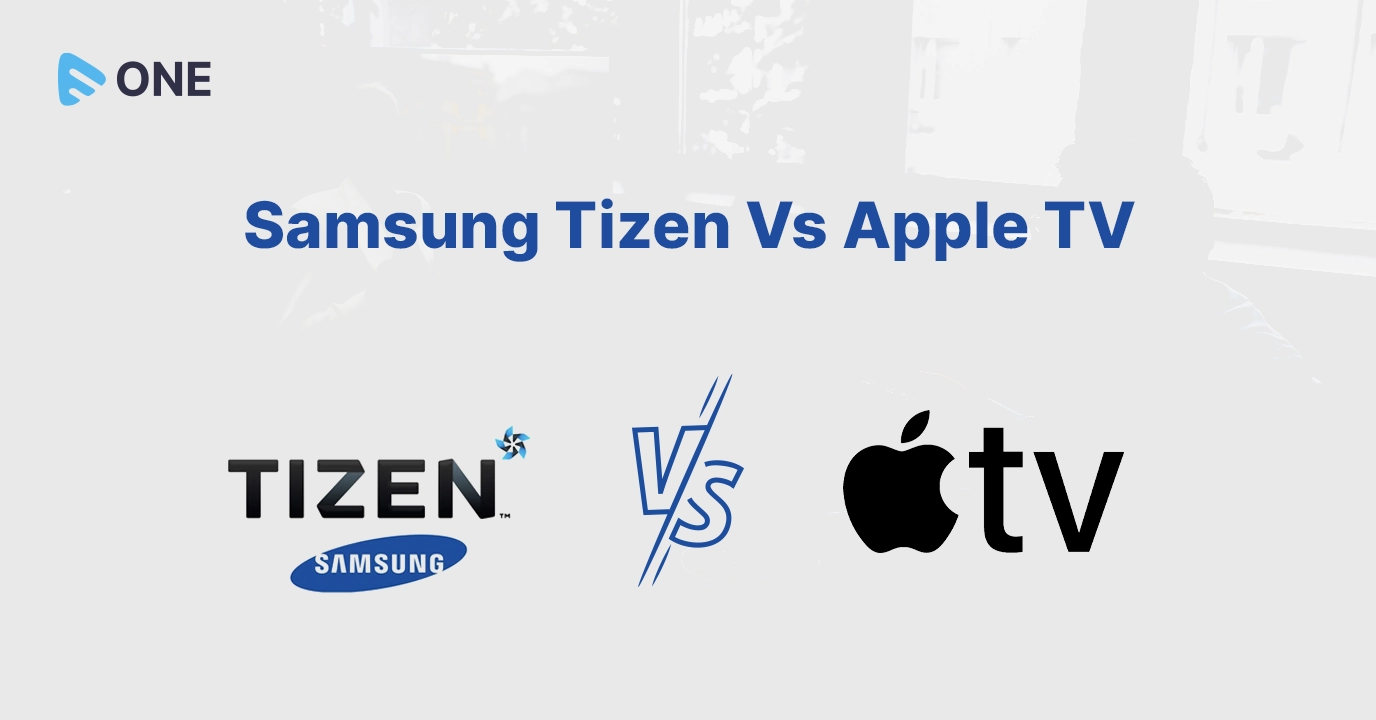






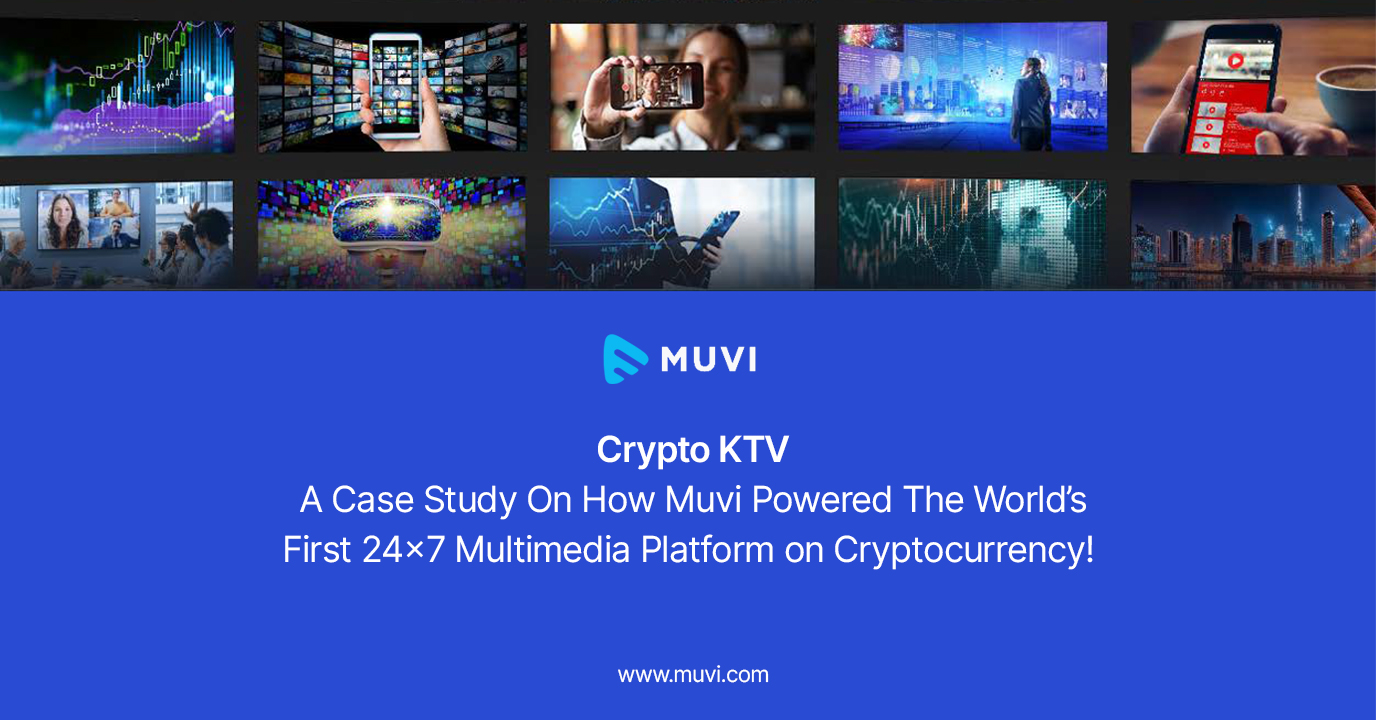
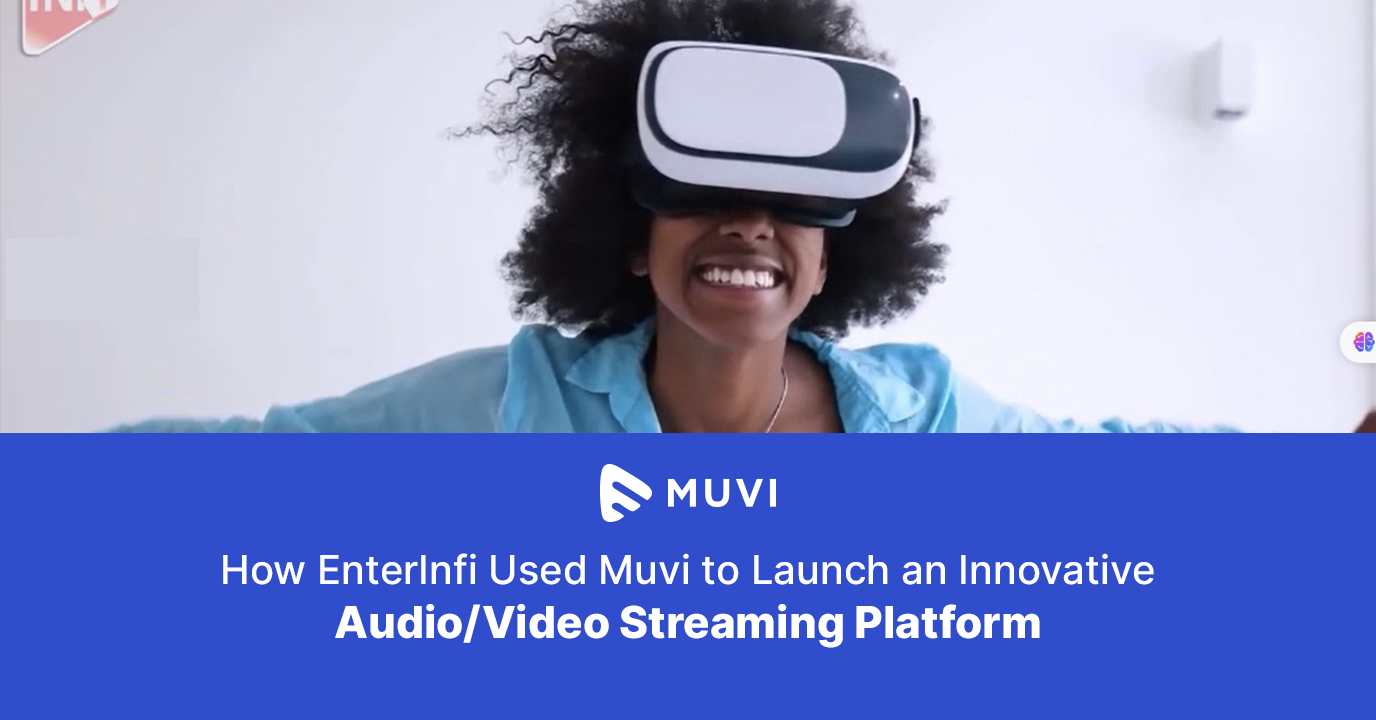




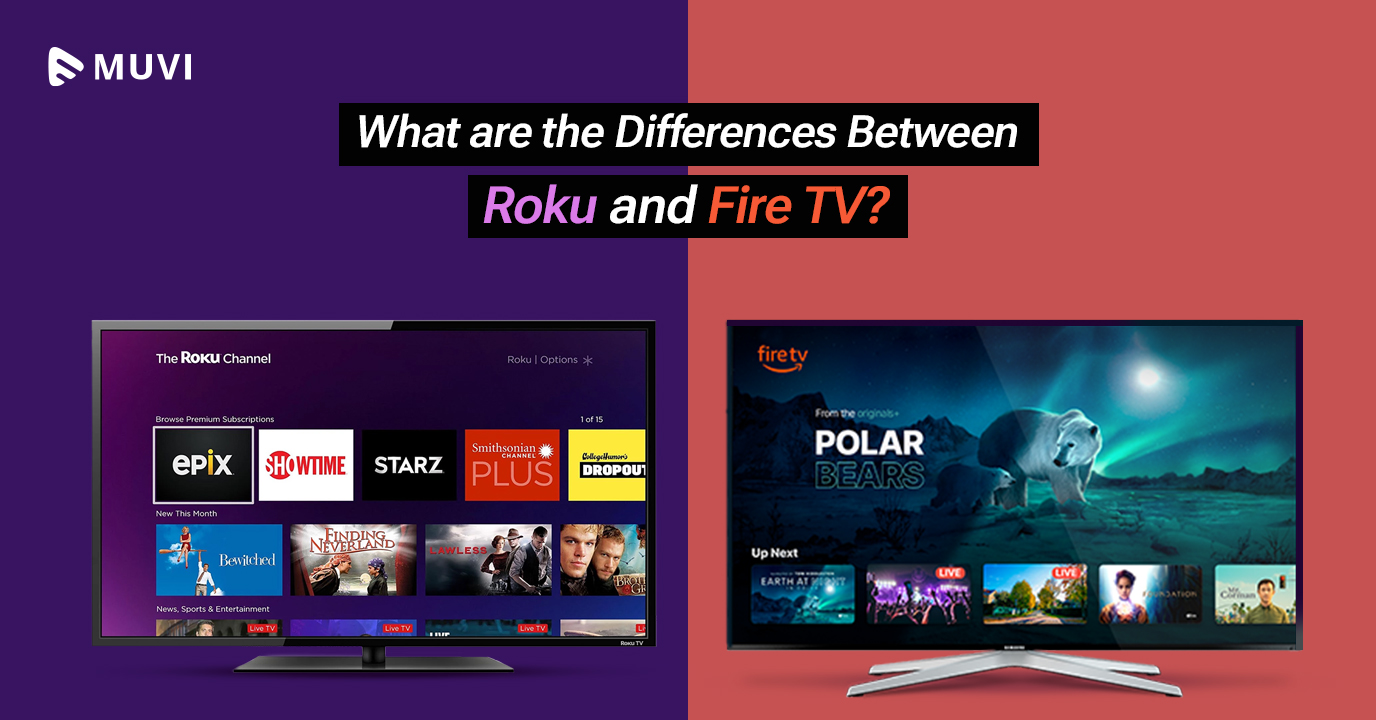
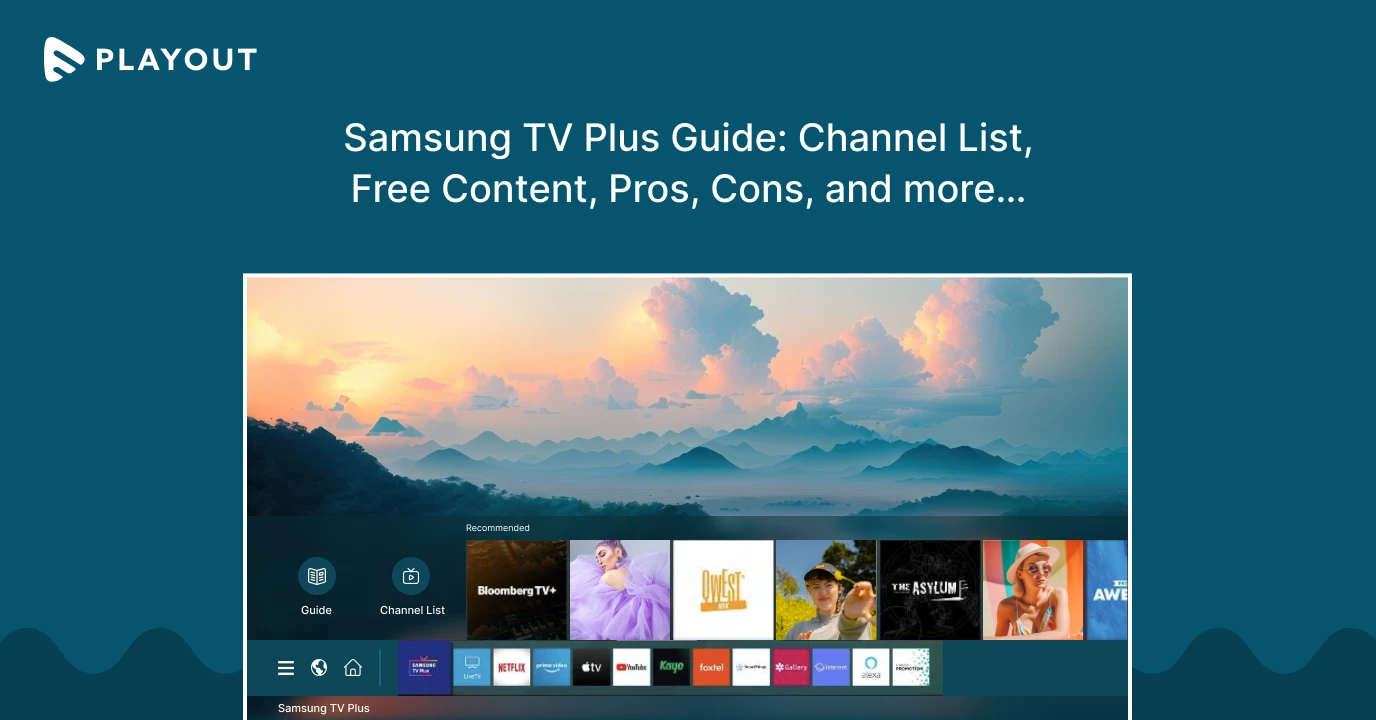
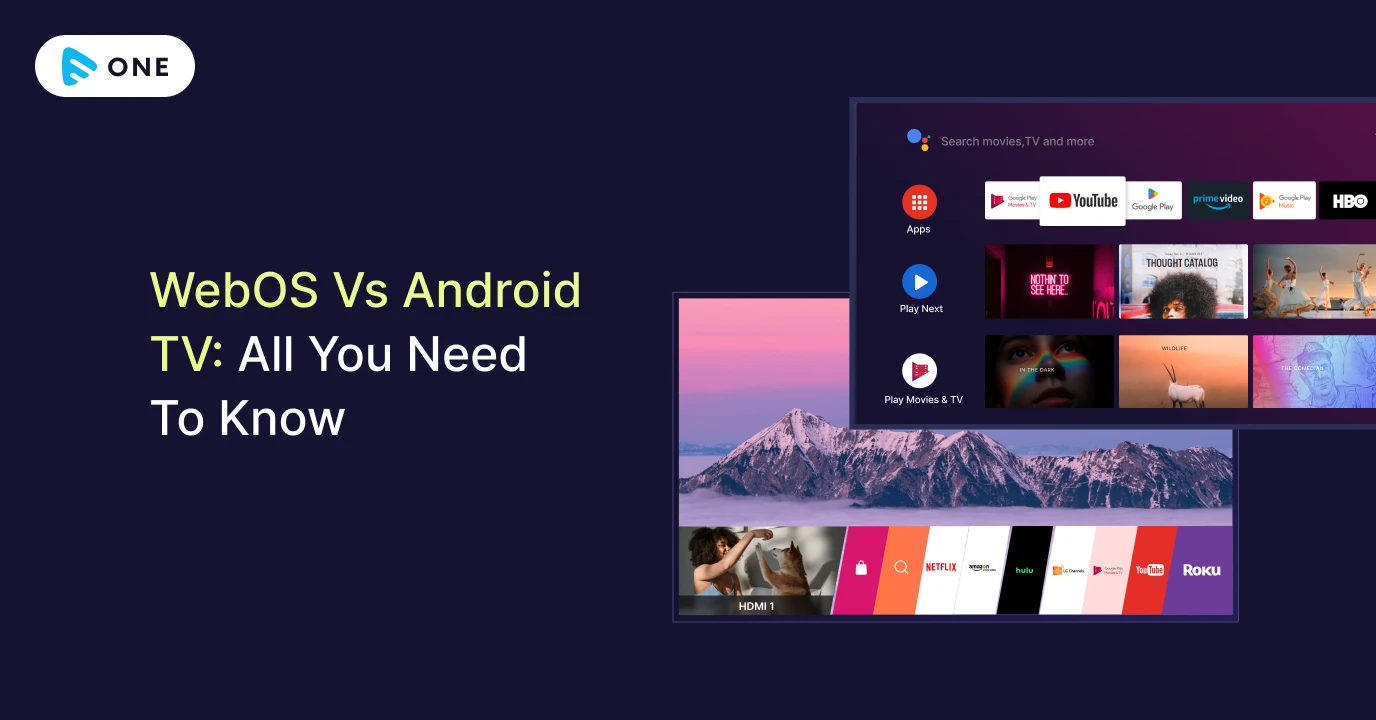



Add your comment